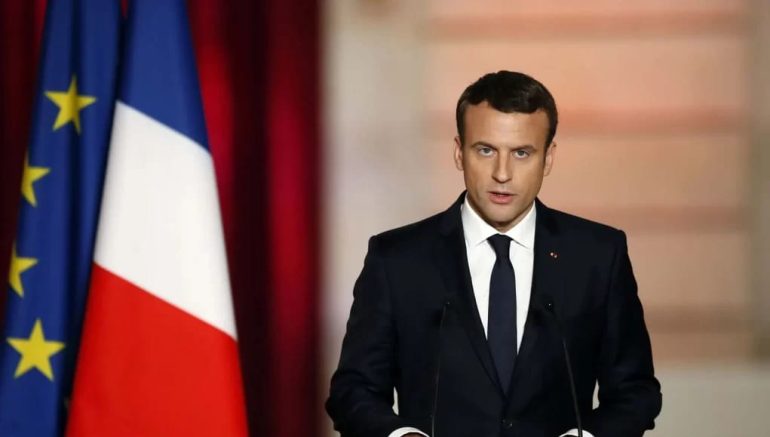A French policeman has been charged with homicide and has been taken into custody over the shooting to death of a teenager during a traffic stop near Paris on Tuesday.
The 17-year-old, named as Nahel M, was shot at point-blank range as he drove off and crashed soon afterwards.
Anger at his killing has sparked violence across the country. A march led by the boy’s mother was marred by clashes on Thursday afternoon.
In a third night of unrest, 667 people were arrested, French officials say.In Paris, shops were ransacked and cars set on fire overnight despite a heavy police presence.
Across France, 40,000 police officers were deployed, with 249 of them injured in Wednesday night’s clashes, according to the interior ministry.
Earlier, bus and tram services in Paris and the wider region stopped operating at 21:00 local time (19:00 GMT) on Thursday. Night-time curfews were in place in some suburbs.
In the town of Nanterre, where the teenager was killed, a huge fire engulfed the ground floor of a building where a bank is located.
Video and pictures on social media also appear to show piles of rubbish ablaze in several places.
Officers were injured on Thursday afternoon as well, during violence in Nanterre that followed a largely peaceful march calling for justice. It was attended by more than 6,000 people.
Prime Minister Élisabeth Borne said she understood the outpouring of emotion following the 17-year-old’s death, but condemned the riots.
“Nothing justifies the violence that’s occurred,” she said.
The teenager’s death has sparked a wider conversation about the power of the police and the relationship between the authorities and people from France’s suburbs, who feel segregated from the country’s prosperous city centres.
“We have a law and judicial system that protects police officers and it creates a culture of impunity in France,” Nahel’s lawyer, Yassine Bouzrou, told the BBC World Service’s Newshour programme.
But Nahel’s mother said she did not blame the police in general, or the system, for the killing – just the officer who fired the lethal shot that killed her son.
The officer accused of killing him said he had fired because he felt his life was in danger. His lawyer told French radio station RTL that his client discharged his firearm “in full compliance of the law”.
Speaking to the BBC on Friday morning, Thierry Clair, deputy secretary general of Unsad-Police trade union, said an investigation would “determine whether this is a case of a legal or illegal use of a weapon”.
He said that by law, police officers might use their weapons in certain circumstances.
“The key thing is the principle of proportionality with the nature of the threat,” Mr Clair said. “For instance, one of the cases refers to stopping a vehicle whose occupants refuse to comply and present a risk for someone else if they attempt to escape.
“And the incident we’re talking about – in which a weapon was used – might fall into that category.”
BBC
